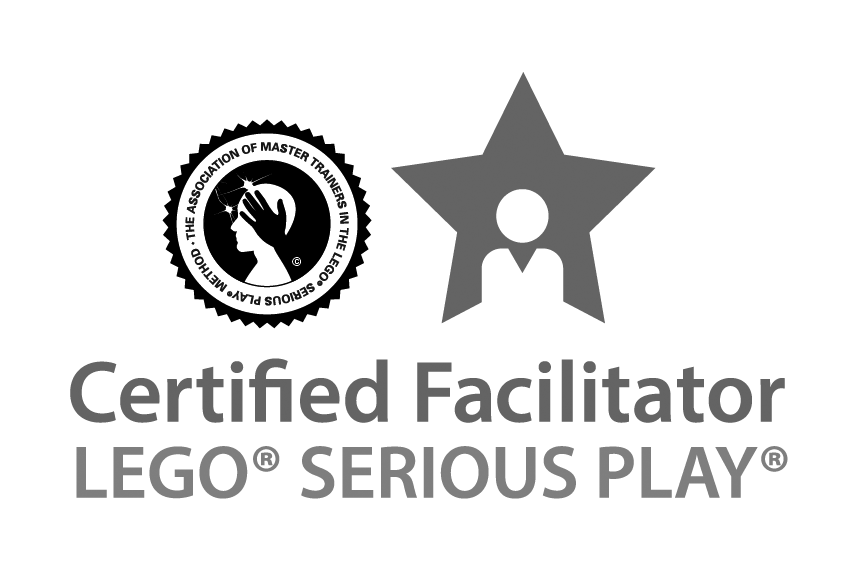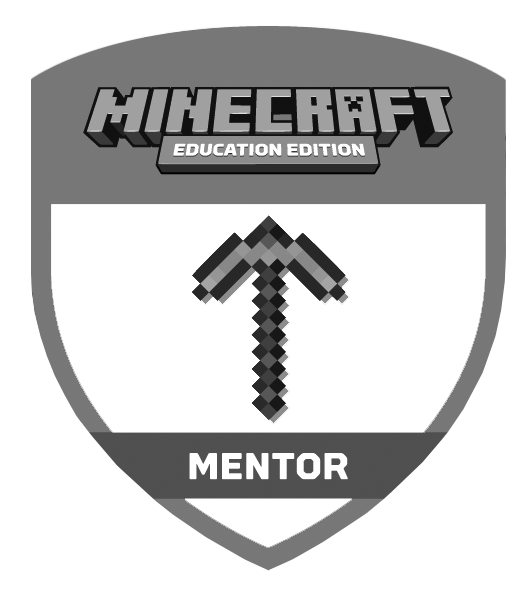Policy on bullying and victimization
This policy describes the responsibilities of IGNITE Serious Play (hereinafter referred to as the Educational Company), students and parents in cases of bullying or victimization.
Bullying is «Continuous and systematic physical, verbal, online and/or psychological aggression towards one or more students»
Types of bullying:
- Physical (hitting, pushing, kicking, other forms of physical aggression)
- Verbal (insults, insults, yelling, constant criticism, other forms of verbal aggression that may not be evident from the outside (e.g. words or phrases to hide insults from teachers)
- Psychological (teasing, exclusion, humiliation, harassment, attacks on personal property)
- Cyberbullying (perpetrating the above actions using social networks or other virtual means)
Participants:
- Víctimas
- Aggressors
- Spectators:
- Followers
- Supporters
- Observers
- Defenders
IGNITE Serious Play Principles
- Aligned with the applicable legislation on anti-bullying and the Human Rights code, IGNITE Serious Play, its employees and teachers do not tolerate any form of harassment in the Educational Company among its participants.
- Parents of participating students and the students themselves must provide support and a strong commitment to this policy and the procedures established therein.
- IGNITE Serious Play expects students to play an active role against bullying both in their classrooms and outside of them.
- The entire Educational Company must be dedicated to preventing and solving this problem as a team (students, staff, workers, parents, etc.)
Phases
- Prevention
Preventing victimization is part of our mission as part of IGNITE Serious Play. In the Educational Company, the priority is the education of the student in the management of technological development and in the inculcation of positive values in students such as teamwork and tolerance. A central aspect of these values is respect for others, care for those who need support, and intolerance of victimization and abuse of people.
Students should help each other to prevent victimization. In particular, students who assume a leadership role, in classrooms, activities and in the Educational Company in general, must assume the responsibility of spreading positive values of protection and care for others.
Parents have a role in fostering these values in students. They should set a role model by encouraging students to be inclusive in their choice of friends and in social activities. They should encourage positive action in students.
- Identification
Victimization can occur anywhere. It may be physical, but it is often psychological. It can happen: (i) face to face in class; (ii) around the Educational Company; (iii) in activities; or, (iv) outside the Educational Company.
It can cause harm directly through insult or ridicule or be more subtle and indirect through exclusion or directing others to exclude.
This can happen both online through social media and in the physical world. Parents, teachers and students should always be on the lookout for students who do not seem to fit into classes such as breaks and/or the group of students. This may be a sign of some form of victimization.
While there may be a lot of bullying out of sight of teachers, there are signs in class and around the Educational Company such as: (i) students often sitting alone; (ii) students who are often the last to enter or join a group may be victims of exclusion or at least ignored and not included; (iii) Students who leave a class alone, or are alone during lunch or break time may be victims. (iv) arriving late to the Educational Company, frequent absence or sick leave from work; and, (v) tiredness resulting in loss of sleep due to worry. These are not definitive signs, nor are they always present, but bullying can be the cause of a change in some form of behavior.
When teachers suspect a problem, the guidance staff and educational coordinator should be informed.
Additional investigations should be conducted which may include discreet consultations with the child, his or her parents, and other teachers. In certain cases, other students, as trusted leaders, may be called upon to observe and report. All students are encouraged to look for and report victimization. We aim for an Educational Enterprise where students know and care about their classmates to the point that they will ask for help when a problem arises, and discourage others from behaving like victims.
Parents must inform the Educational Company when: (i) they feel that their child is a victim, or; (ii) when your child talks about another who is a victim.
In the first case, this can be difficult because victims often tell their parents not to say anything because they fear the situation will get worse. Parents should explain to their children that the Education Company's policy is that no action will be taken without the child's consent, and that only by talking about it can improvement be achieved. Sensible management of a student's social media can help identify issues for parents of victims and perpetrators. The Educational Company recommends that social media via phones or computers be avoided at home after a certain time of night. The telephone should not be kept in the room. We also recommend that parents of young adolescents and minors have access to their children's social forums and review them. When they have demonstrated responsible use for a few years, they have earned their independence.
- Priorities for action
The first priority is to protect the victim and make their life in the Educational Company better and more pleasant. All other goals are subordinate to this. Therefore, the policy we do not take measures that the victim does not agree with. Victims often endure bullying, sometimes for many years, for fear of making the situation worse. They may have experienced a situation where an attempt to improve things has had the opposite effect.
The second priority is to educate perpetrators so that they understand the harm they cause and stop doing it because they see it as wrong. If perpetrators appear to act positively out of fear of punishment, the problem has only been temporarily buried.
The third priority is to use a bullying case to educate the class or broader friendship group. It is an opportunity for effective education of values.
Please note that Spanish law indicates that there should be no punishment or confrontation. They promote advice and coordinate actions with parents. The Educational Company has several strategies to address particular cases as appropriate.






